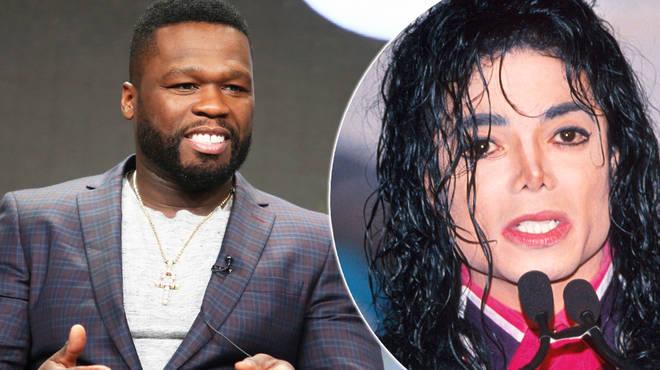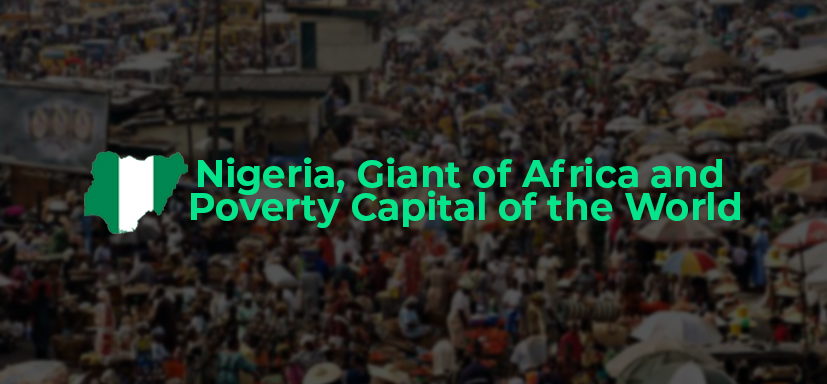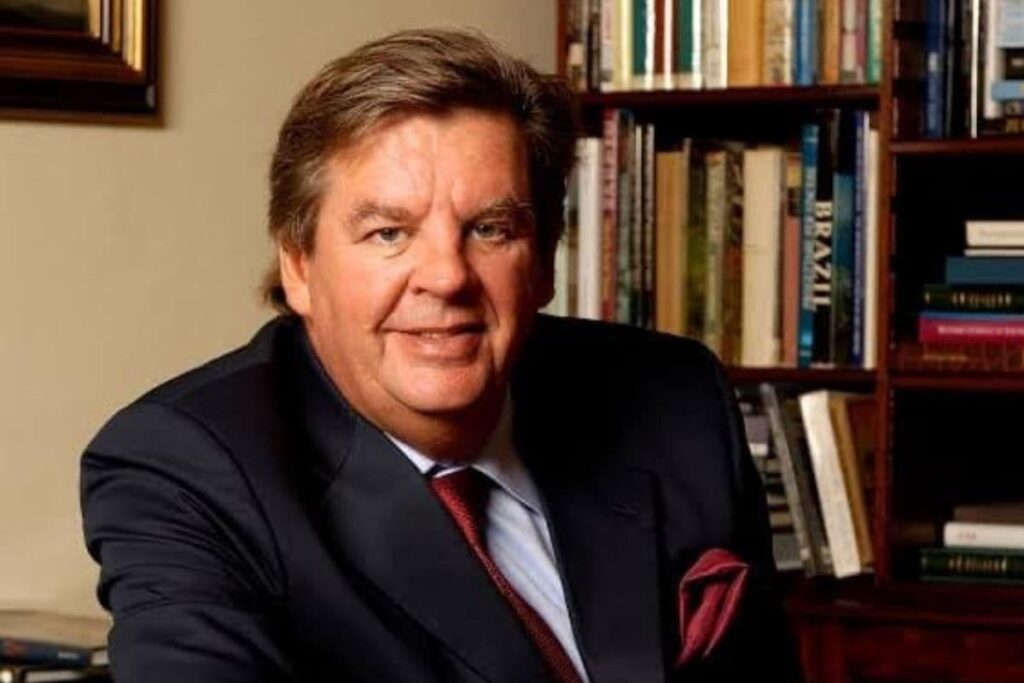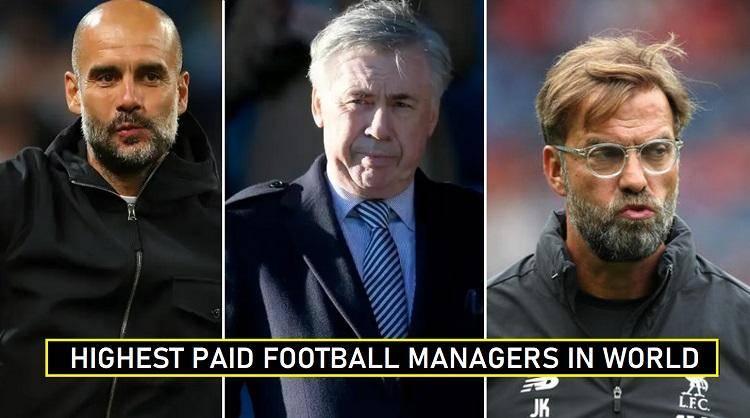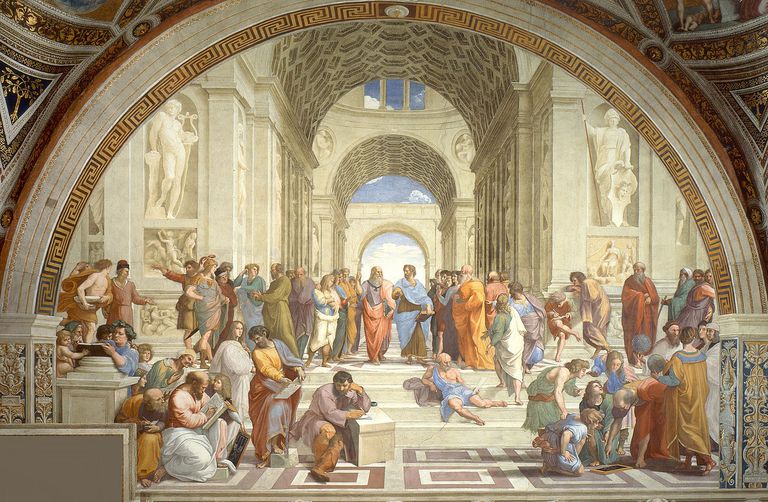Tourist destinations are majorly places of social interest and relaxation, a place which exhibits the beauty of nature offering leisure and amusement. Tourist destinations rely heavily on the economic benefits of tourism. It defer in sizes, they can be as large as a city or as small as a coastal resort or village.
However, some factors like recommendation from friends and relatives, popularity as renowned destinations, comprehensive information online, availability of special offers, and accessibility of the destination amongst others affect tourism destinations.
Below are the top 10 tourism destinations around the world:
1. Eiffel Tower, Paris
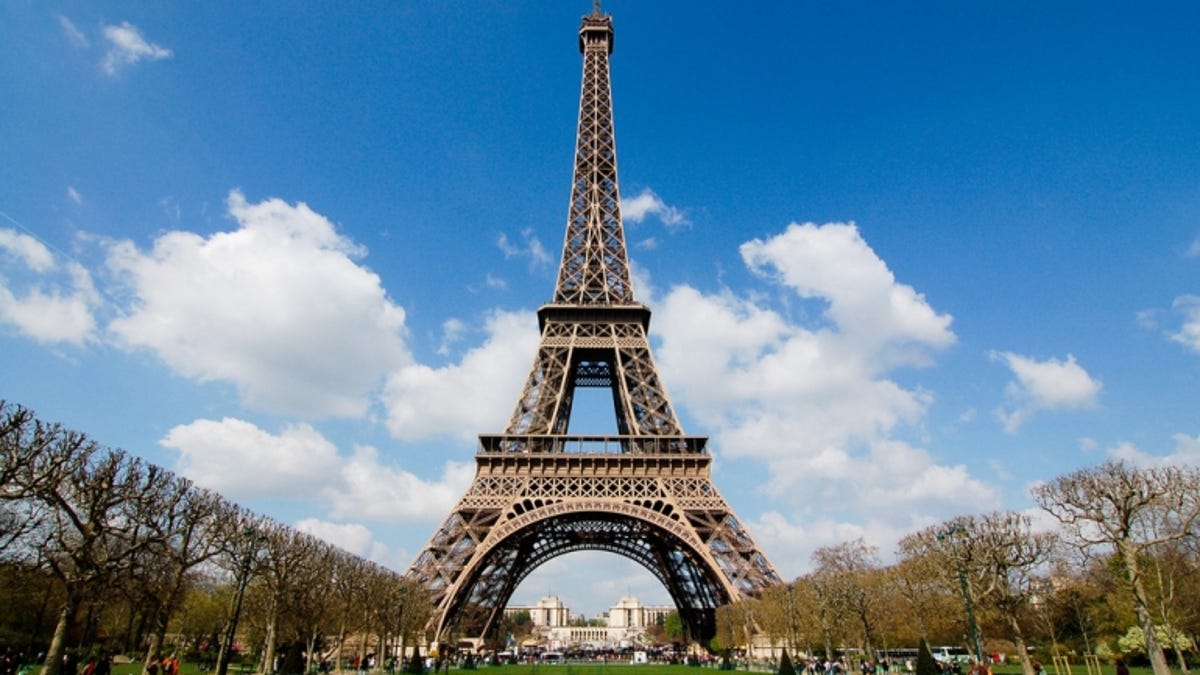
A visit to Eiffel Towers is a must for all travelers. It is a site to behold for all ages and for travelers heading that way for the first time. Couples looking for a special gate-away and artists looking to spur their creativity can take a visit to this amazing destination.
2. Statue of Liberty, New York

The Statue of Liberty represents the United States like no other place. This symbol of freedom in New York City was gifted by the French to the American people in 1896.
This is a site to behold. Taking a ride uptown her crown and soak up the views over the city is one of the best experiences at the statue of Liberty, New York.
3. The Colosseum, Rome
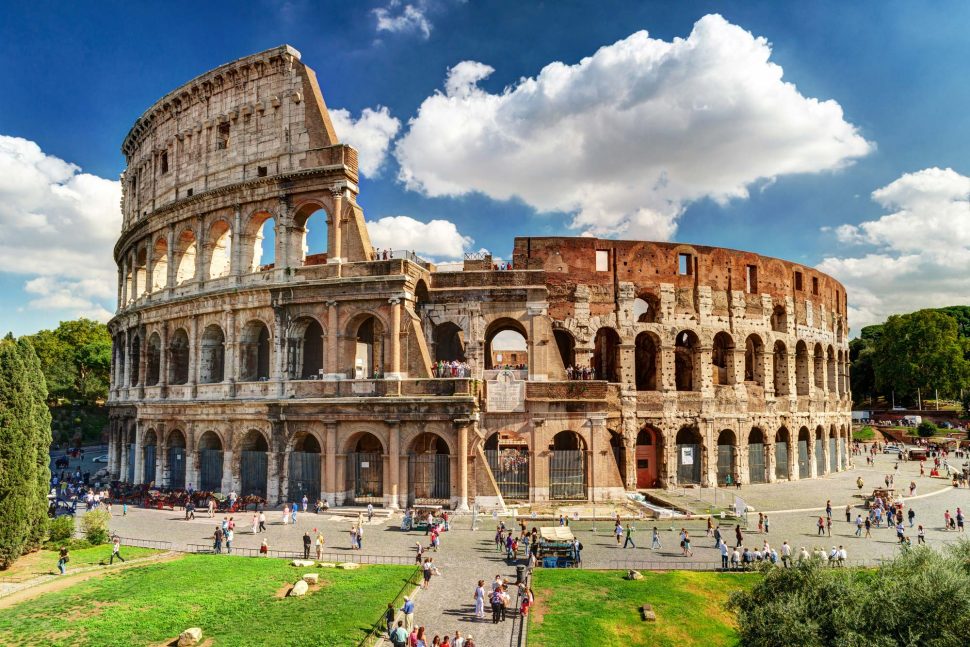
Photo Credit
This is the most famous and largest structure still standing from the Roman Empire. It is also the biggest attraction of the modern day Rome. It’s been a major attraction for travelers from generation to generation and indeed a place to count on.
Situated at the heart of the city, the Colosseum is an enticing place to visit and easily accessible. Wondering through Rome’s ancient streets is definitely a great experience.
4. Taj Mahal, India

Photo Credit
The Taj Mahal, India is definitely a tourist delight, visiting the Taj Mahal always makes ones stay in India a memorable one. The mausoleum commissioned by the Shah Jahan fir his wife Muntaz Mahal is known internationally as a symbol of love.
The excellent structure made with precious and semi precious stones is better appreciated by physical presence. Its river front setting, surrounding gardens and reflective pools sets Taj Mahal aside from the other tourists’ destinations.
5. Pyramids of Giza, Egypt
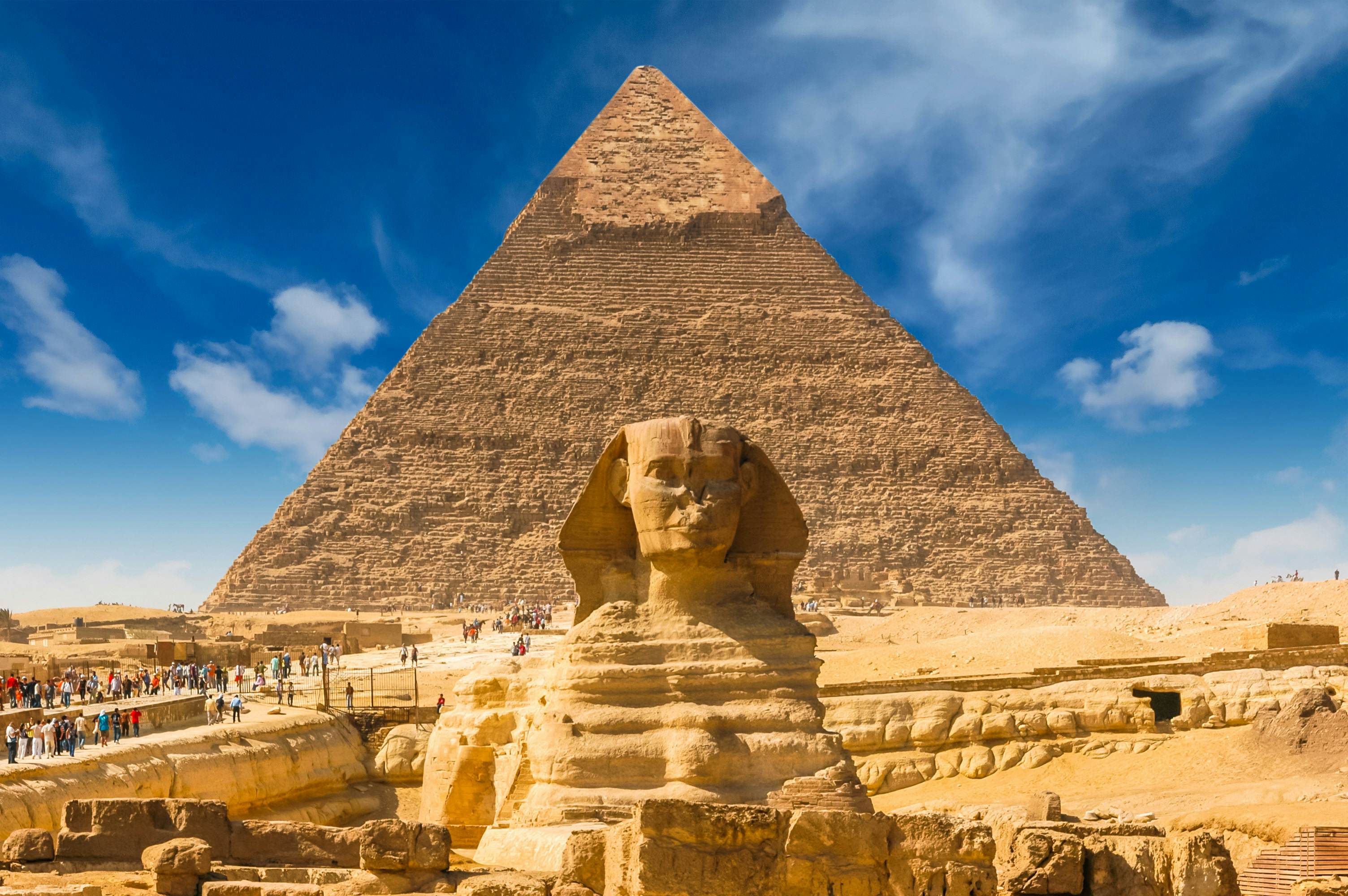
Among the top tourist destinations in the world is the Pyramid of Giza, this place takes ancient attractions to another level. It was built over 4500 years ago. It has always been a generational tourist site.
Located just outside Cairo the capital city, the Pyramid is easily accessible, taking a ride around the structures is a memorable experience.
6. Great Wall of China
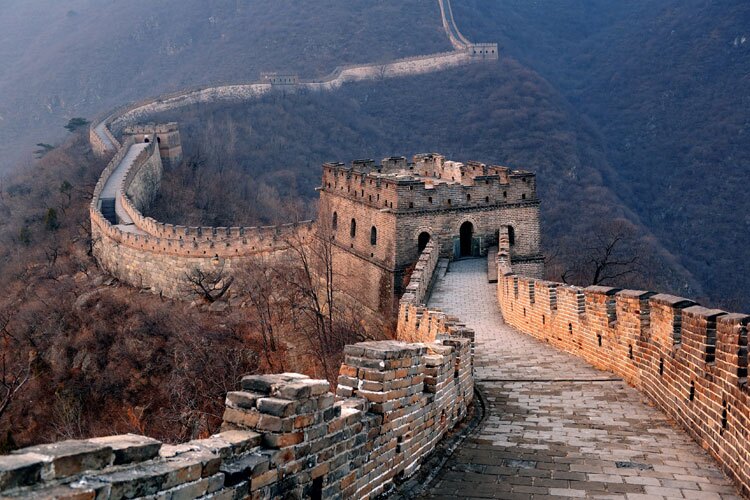
Photo Credit
China is known for its modern cities and towering sky scrapers, the Great Wall of China built in the 14th and 17th centuries is a strategic edifice that all who visits China should behold.
Strolling along the top of the Wall provides an incredible view of the structure showing off at a distance. Many travelers crave to visit this place over and over again because of its enriching experience.
7. Borobudur, Indonesia
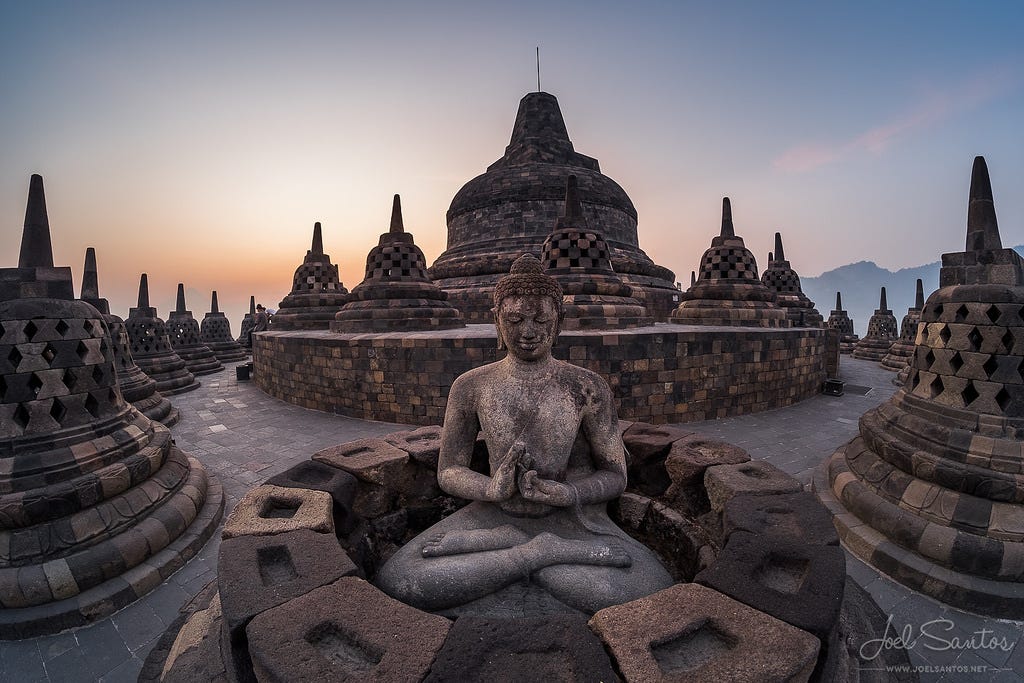
Borobudur is no doubt Indonesia’s top tourist destination. It dates from the 9th century and one if not the largest Buddhist temples in the world.
A visit to this place is overtly something to remember especially early in the morning when you would have the best chance of experiencing the early mist and the volcanoes would be at its clearest.
8. Stonehenge, England
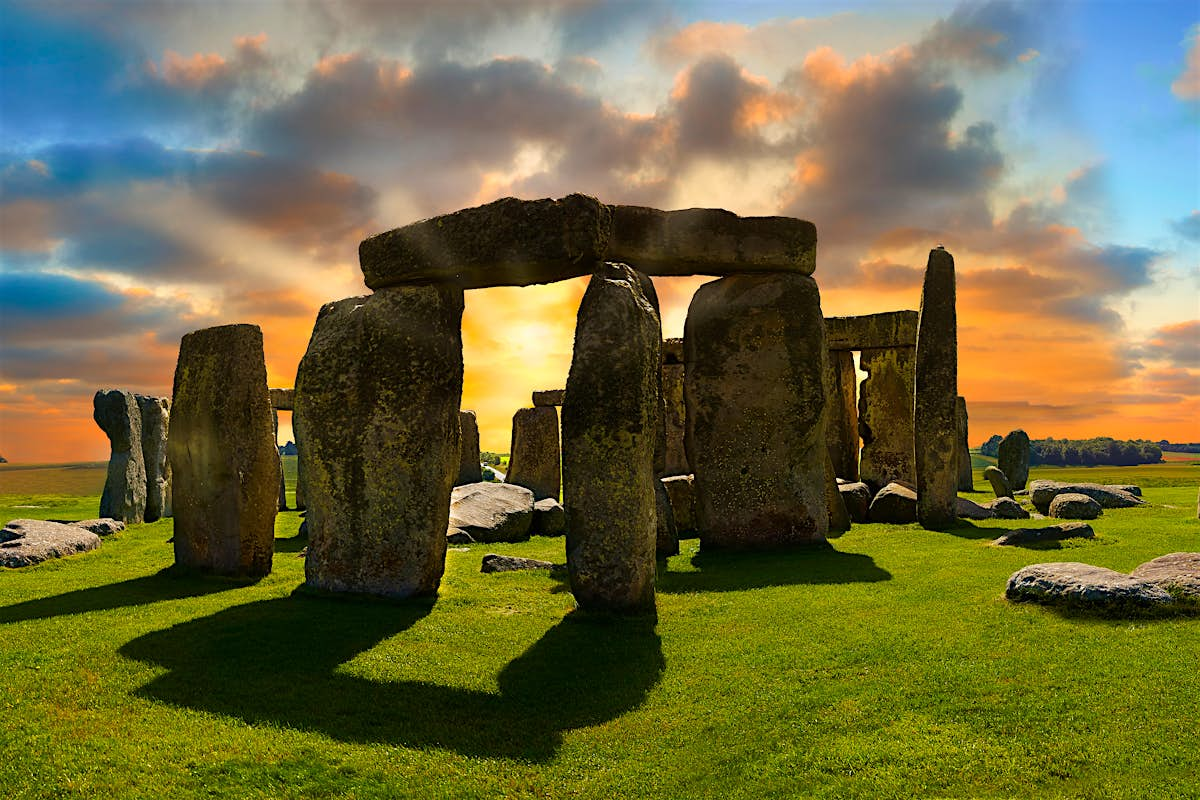
Photo Credit
Stonehenge is a wonder on its own, seeing this place keeps you wondering what went on over 4,500 years ago. It is a site for historians and has always captured the attention of countless visitors. The number of visitors that descend on Stonehenge can not be over emphasized.
A visit to this place leaves a truly memorable experience. A trip to London might not be complete without an experience at the Stonehenge.
9. The Acropolis, Athens

Situated in Athens, the Acropolis draws you up and it’s one of the ancient views you can’t afford to wave aside. As you walk between the meticulously constructed ancient buildings, lingering and watching the sun set from the stairs near the entrance which is more or less a nightly ritual in Athens. This is a beautiful tourist destination you would love to see.
10. Sydney Opera House
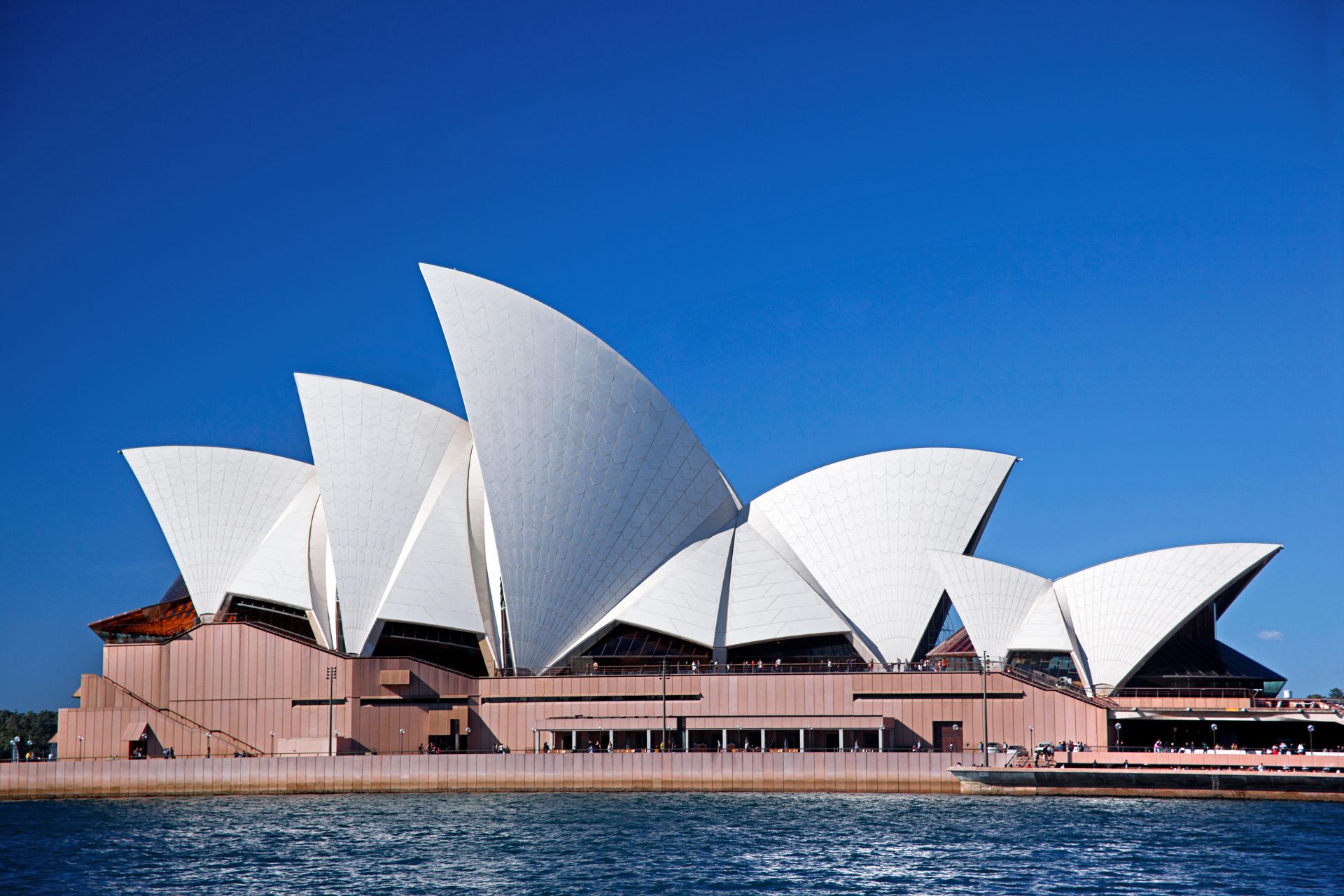
This is another top tourist attraction in the world. The Sydney Opera House is easily identifiable and accessible. A photo of yourself in front of the white sails screams “Australia “.
The Sydney Opera House was built and opened officially in the late 1973. Taking a tour inside to see the unique shape and hear the exceptional acoustics is one of the major experiences the building accords.
ALSO SEE




